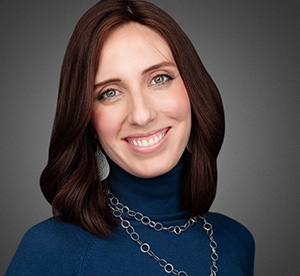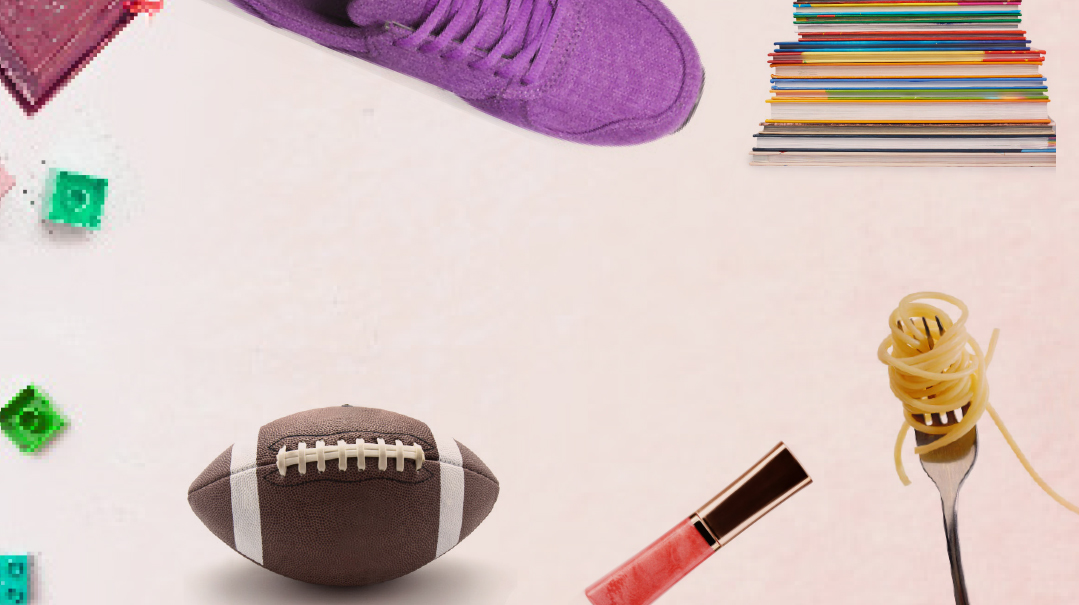Outside Chance: Chapter 26

The door to the ezras nashim opened; I knew she was there before I looked. Be a lady, I reminded myself
Y

“Are you okay, Rebbetzin?” Chedva asked.
“Yes, I’m fine.” I waved her off. I inhaled deeply and padded off without my shoes. I needed to catch Yehudis. What would I say? I’d never been in a situation like this. This needs Shifra levels of diplomacy; I’m more the let’s-smile-and-get-along type. But we haven’t been. No one has been. And no one’s been talking about it, either.
Stumbling down the steps, I saw Yehudis at the bottom, waiting for me. I didn’t have to decide what to say. She spoke first.
“My mother always says, no matter what happens, be a lady.” I wasn’t sure what she meant by that, but she went on. “For the rest of Shabbos, we’re going to pretend I wasn’t in the room and we’re going to smile at each other and at everybody else and act like we’re the loving community that we’re supposed to be. Understood?”
I was still trying to catch my breath.
“Okay, but we’re going to sit down and work this through after Shabbos, right?”
Yehudis’s nostrils flared, then she jerked her chin to the side. No. She spun on her heel and walked away. But just before she did so, she turned and flashed me a huge grin. It looked so real.
I looked at my watch. My speech was in two minutes. Could I really do it now? The building door opened, and a bevy of shul women entered, coming to hear me speak. I looked down at my middle. Could I blame the baby and excuse myself?
The women upstairs witnessed Yehudis leaving, and me following her. They had no idea what happened. Should I say something? “Be a lady,” Yehudis’s mother’s words came to mind. I’ve never been the “lady” type in my life. How did this happen? Where do I go from here?
“See you in a minute.” I smiled at the women who were walking past me up the steps.
“Looking forward!” Shira enthused. I nodded. A lady would have poise and grace no matter what, and I figured that was probably the best course of action for this speech. Two points for Yehudis. I lumbered up the stairs.
The women were seated in orderly rows waiting for me. The ones I’d been speaking with before were seated toward the front, but there were a lot more women now, and I could pretend that nothing happened.
“Good Shabbos,” I greeted everyone. I wasn’t feeling it. There was more than a pit in my stomach. How could I be speaking now? What a farce.
“I really appreciate everyone sacrificing their precious nap time to hear me, unless you all just want to get first dibs on Shalosh Seudos seating.” All I got was a weak chuckle. My joke fell, probably because it wasn’t funny.
The door to the ezras nashim opened; I knew she was there before I looked. Be a lady, I reminded myself.
Yehudis slipped quietly into a seat in the back of the room.
“In this week’s parshah we get a chance to sing the 613 Torah Avenue classic ‘Vayishlach Yaakov Malachim L’fanav, and Yaakov sent messengers to Eisav.’ ” Smiles flickered on some women’s faces. I started marching in place. “Eisav was coming with 400 men, Yaakov davened to Hashem.” I sang. I eked out a few more smiles.
I really thought I would perform better. It was probably my lack of energy, not the song. Everyone loves that song. Be a lady, Chana, plow on.
“What I wanted to talk about today is the value of communication, and how it can help even when the other guy has a 400-man-strong army.” I kicked myself internally. This speech was so wrong for the moment. Abort mission, abort mission, impromptu speech techniques, what were they? P.R.E.P. — Point, Reason, Example, Point. Or maybe F.A.T. — Feeling, Anecdote, Tieback? I’m feeling fat.
“That’s what I’d initially wanted to talk about, but after thinking about it, we hear so much about communication, I want to focus on feelings. Can you imagine the complexity of Yaakov’s emotions? It’s Eisav, but it’s also his brother. Let’s take a moment to acknowledge the duality we often experience when we think we should be feeling a certain way.”
I paused, looking around.
“Things are often not either-or. They’re usually both. Like, there are times we are both excited and scared of opportunity, we’re both jealous and happy for others’ fortunes. Recognizing them both, pushing in both directions, will leave you more satisfied.”
A few women crossed their legs. You’re losing them, Chana. Move to anecdote.
“Like, I remember when my husband got the call that, yes, this shul wanted him as the rav.” I looked around; that seemed sufficiently interesting. “There were the feelings I expected to have — excitement, joy. But there were also feelings that I didn’t recognize at first, like fear and loss. I was scared for the future, and worried about losing the life I had until then, which was beautiful.”
Some women nodded. Keep it going, Chana.
“I didn’t admit both at first, and I couldn’t understand why I was so hormonal.” That finally got a real laugh. “But acknowledging the duality of the opportunity allowed me to process everything in a healthier way.”
I needed to make this speech longer, maybe I could workshop it.
“Can anyone share a moment of duality?”
Silence.
Oh, no, please, Hashem, please, let someone say something.
“Can I share my experience?”
Thank you, Hashem!
But… Yehudis? I nodded, she stood. I braced myself. The women twisted in their seats to look back at her.
“I didn’t have kids right away after I got married. I didn’t have to wait too long, but long enough to worry. When I was finally expecting, I was so happy and relieved and promised to be the best mother ever.
“Then my Toby was born and colic doesn’t begin to describe what she had. And when I felt depleted and frustrated, it felt like a betrayal of my hakaras hatov. I finally confided to my sister and she told me, ‘Davening for a kid is potential, and having a child, reality. It’s two different worlds.’ I could be grateful for my dream coming true, but that doesn’t make raising children any easier. Validating both sets of feelings was really helpful.”
All the women nodded, a few smiled.
Yehudis sat down. What a lady. Another woman stood up.
“It’s so funny you should say that,” she started. And the ball was rolling. She spoke, then another did, I poked my two cents in. I looked to Yehudis to thank her, but she studiously avoided my gaze. Uch, talk about dual feelings.
“I wanted cream cheese!” Tzvi was kvetching while I pulled the tuna bowl toward me.
“We’re not milchig yet,” I told him, looking desperately around the table to see what else I could offer to put in his bagel.
“There’s Toffutti cream cheese in the back of the kitchen fridge.” I looked up. Yehudis stood on the other side of the table. “It’s for Melaveh Malkah, there are a few people who are lactose intolerant, so I got a few containers. Help yourself.”
“Thank you!”
Yehudis smiled, it looked genuine, eye crinkles and all, but then Avrumi turned to greet a shul member, and Yehudis’s smile slid off her face.
So she’s pretending. Was she pretending to save me at the shiur? Why did she do it? Am I pretending, too? Probably. There’s something wrong with this. Especially because we both know we’re doing it.
“Ma! Shmear it!” Tzvi demanded. I gave him the look.
“We don’t talk to Mommy or really anyone like that,” I said, and started to spread the faux cream cheese.
This pretending is nice in a way. It’s a break. I want it to continue. But Yehudis doesn’t want me being myself, and I can’t pretend forever.
to be continued…
(Originally featured in Family First, Issue 713)
Oops! We could not locate your form.


